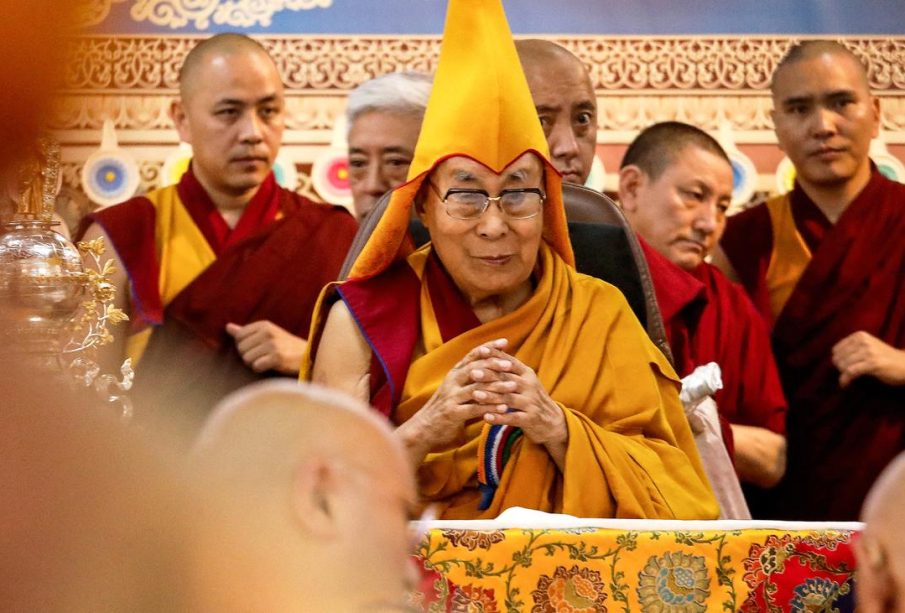The Complex Relationship Between China and the Dalai Lama

Introduction
The Dalai Lama, the spiritual leader of Tibetan Buddhism, has long been a figure of peace and wisdom on the global stage. However, his relationship with China has been fraught with tension since he fled Tibet in 1959 following a failed uprising against Chinese rule. The ongoing geopolitical situation regarding Tibet and the Dalai Lama remains crucial, as it not only impacts Tibetans but also shapes international perceptions of China and its policies.
Recent Developments
Since the beginning of 2023, the Dalai Lama’s political influence has come into focus once again, particularly as discussions around succession have emerged. With the Dalai Lama now in his late 80s, questions about who will succeed him have intensified, causing concern among analysts that China may interfere in the selection process. The Chinese government has made it clear that it does not recognize the authority of the Dalai Lama and views his influence as a threat to its sovereignty over Tibet.
This year, international support for the Dalai Lama has been evident in various forums, including official statements from Western leaders condemning China’s restrictive policies in Tibet. Recent demonstrations in major cities around the world have also called for greater freedoms for Tibetans and respect for the Dalai Lama’s role. With increasing attention on human rights violations in China and Tibet, the Dalai Lama’s message of compassion and non-violence resonates more than ever.
Significance for International Relations
The intricate dynamics between China and the Dalai Lama cannot be understated. The Chinese government views the Dalai Lama as a separatist figure who incites unrest, while his followers advocate for a peaceful resolution to the Tibetan situation. This conflict influences China’s diplomatic relations, especially with Western nations, where the treatment of Tibetans is often brought to the fore in dialogue concerning human rights.
Many observers believe that as global focus increases on human rights, the situation in Tibet may prompt more robust international responses. If Western nations continue to express solidarity with the Dalai Lama, relations with China could become even more strained. Conversely, if China manages to suppress dissent and assert control, the opposite could occur.
Conclusion
The future of Tibet and the Dalai Lama’s legacy is intertwined with broader geopolitical implications. As discussions about his succession grow louder, the international community watches closely to see how China will respond and what that means for the millions of Tibetans who revere the Dalai Lama as their spiritual leader. Ultimately, understanding this relationship is essential, as it encapsulates the delicate balance of power, human rights, and international diplomacy in a rapidly changing world.









